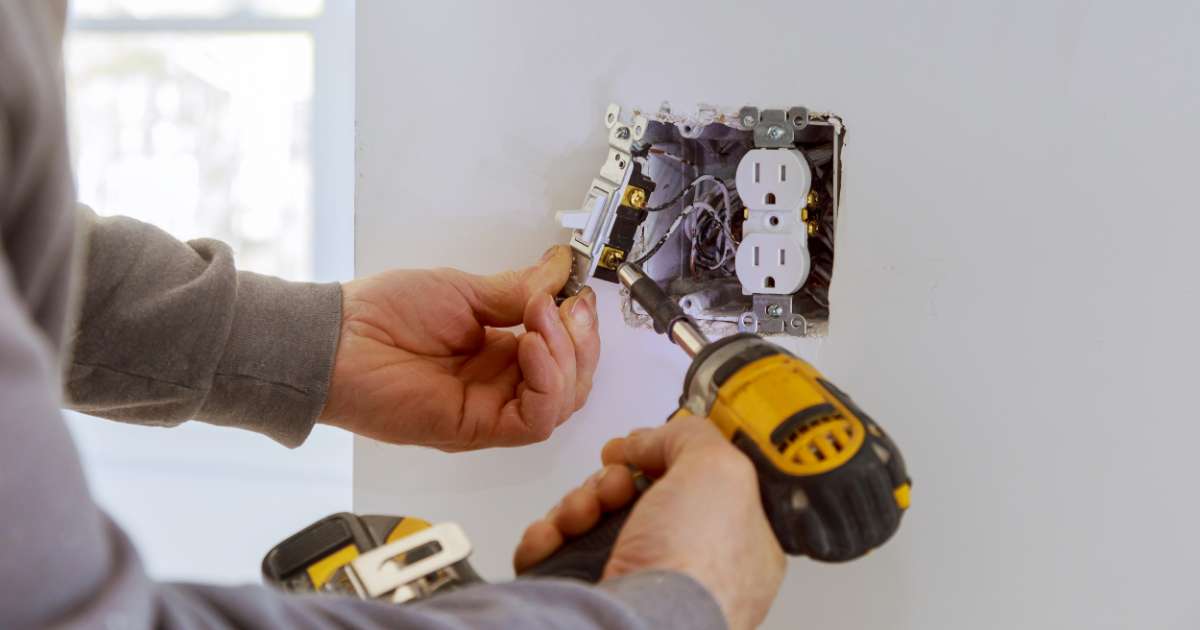Selling a house in Minneapolis isn’t always straightforward, and unpermitted work can add an extra layer of difficulty. It can drag down your property’s value, open the door to legal trouble, and scare off buyers. But don’t worry—there are ways to handle it.
This guide breaks down what unpermitted work is, how it affects your sale, and what steps you can take to sell a house with unpermitted work. Whether you address the issues or sell “as is,” solutions are within reach.

What is unpermitted work?
Unpermitted work arises when construction or remodeling projects proceed without required permits. Permits are generally mandated for projects such as:
- Building or expanding garages and large decks
- Replacing or modifying HVAC systems
- Renovating kitchens or bathrooms
- Installing pools, spas, or outdoor kitchens
Permits ensure adherence to safety and building codes. Without them, you risk:
- Hazards: Faulty construction could cause structural issues or electrical fires.
- Fines and penalties: Cities like Minneapolis may impose fines on homeowners.
- Insurance denial: Coverage could be voided for damage tied to unpermitted work.
Compliance with permits protects your property’s safety and value. Compliance also helps ensure that any changes you make do not negatively impact the quality of life in your neighborhood.
Understanding code violations
The City of Minneapolis offers online code and permitting information for residents. Saint Paul residents can find code and permitting information online as well.
Universal building codes like the Minnesota State Building Code and the International Building Code serve as the foundation for most municipal regulations. Building codes in the Twin Cities will likely have local amendments as well.
Homeowners can face challenges when building codes are updated. For example, basement egress regulations were revised in 1997 to improve safety, potentially leaving older construction non-compliant. Older work may sometimes be “grandfathered in” if it followed earlier codes, but unpermitted projects often fail to qualify.
Minnesota homeowners associations, or HOAs, also have the power to enforce guidelines. This can include making rules around exterior paint color choices and allowable home modifications. Violating HOA rules can lead to problems similar to those caused by code violations.
Common unpermitted work and code violations
In Minneapolis, failing to get permits for significant projects can cause issues, especially when selling your house. Possible areas of concern include:
- Structurally unsound home expansions
- HVAC or electrical work that doesn’t meet safety standards
- Improperly installed or replaced roofs
- Additions or fences that encroach on neighboring properties
- Staircases with faulty handrails
Is it legal to sell a house with unpermitted work?
While it is legal to sell a house with unpermitted work in Minnesota, you must disclose this to the buyer. Failure to do so can land you in court, so it’s important to be upfront with any potential buyer about unpermitted work on the property.
How unpermitted work can affect your home sale
Buyers often shy away from properties with unpermitted work due to the risks and potential costs, plus there is a good chance your house will fail the lender’s inspection.
Insurance companies may also deny claims stemming from unpermitted work. Minnesota has harsh winters. If you re-roofed your home without a permit, and the roof partially collapses during a blizzard, there is a chance that insurance won’t cover the damage. Additionally, unpermitted work can give insurers cause to cancel home coverage altogether.
What are your options if you’re selling a house with unpermitted work?
If you’re selling a house with unpermitted work, you have a few options:
- Fix the issue and obtain permits: The most straightforward way to resolve unpermitted work is to address the issue and secure the necessary permits. Small problems, like installing a new window, might be inexpensive. Larger issues, such as an unpermitted replacement of your house’s electrical system, may cost more to remedy.
- Apply for a retroactive permit: If the work was completed to code but lacks a permit, applying for a retroactive permit is an option. An inspector will assess the work and either approve it or recommend necessary updates.
- Sell the property “as is”: You can sell the home without fixing the unpermitted work, provided you disclose it. Marketing effectively can still attract buyers. Selling with an off-market buyer in Minneapolis might speed up your sale, though “as is” homes often sell for less.
- Offer a seller concession: At closing, you can provide a credit to the buyer, allowing them to handle the unpermitted work. This is a viable solution if you prefer not to oversee the repairs yourself.
Common mistakes when selling a house with unpermitted work
If you are planning to sell a house with unpermitted work, here are some things that can get you in trouble:
- Failing to disclose unpermitted work: Not informing buyers of unpermitted work can invite legal trouble.
- Starting new unpermitted projects while selling: Adding renovations without permits during the selling process can create additional challenges at closing. It’s best to do things by the book.
- Underestimating repair timelines and cost: Unpermitted work that involves major systems and/or structural repairs can set back your timeline and hurt your bottom line.
- Not seeking help: Construction and real estate experts can offer insights on how unpermitted work might affect your sale.
We Buy Ugly Houses® buys properties with unpermitted work.
We Buy Ugly Houses® buys houses “as is.” This includes houses with minor code violations, as well as houses where thousands of dollars' worth of unpermitted work has been done. We buy houses throughout the Twin Cities area, and we offer fast closings with minimal hassle.
Don’t let unpermitted work get you down. Reach out to our Minneapolis team today!
This blog is for informational purposes only and should not be considered legal advice.














